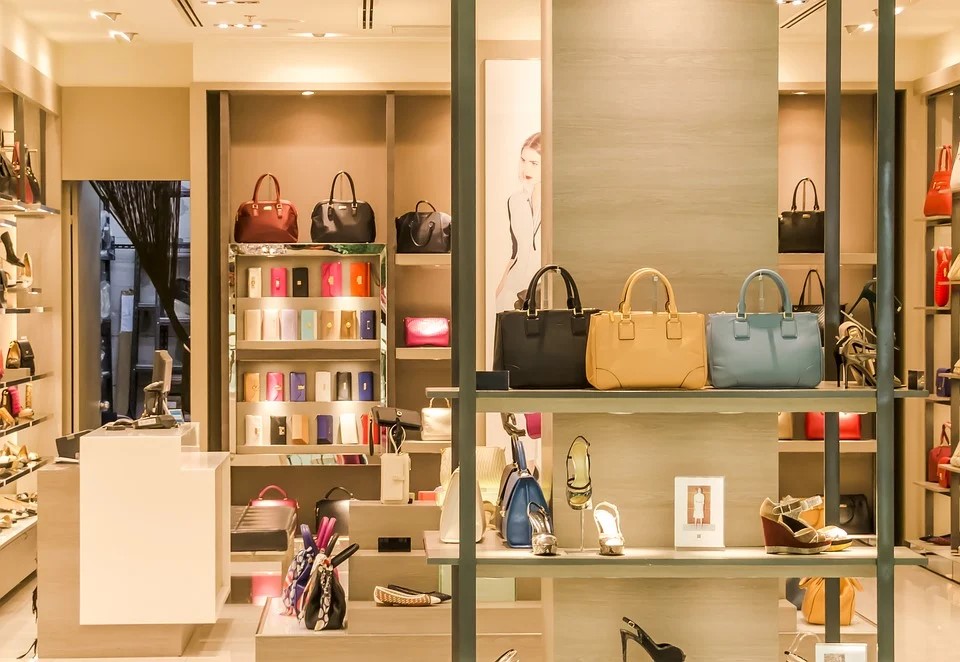Investment Strategies
Luxury Goods Under Pressure – RBC Wealth Management

Thomas McGarrity, head of equities at RBC Wealth Management, examines the recent financial performance and market dynamics for various companies and sectors during the second quarter results season.
European luxury goods' stocks are struggling amid a challenging backdrop for the industry as growth rates normalise following above-trend demand post Covid, according to Thomas McGarrity at RBC Wealth Management.
McGarrity highlighted how the second quarter results have been disappointing so far, with almost 30 per cent of the companies having reported earnings, and only around 53 per cent having beaten consensus expectations, which is below average.
“French luxury goods multinational Louis Vuitton-Moet-Hennessy (LVMH) delivered 1 per cent organic growth in the second quarter of 2024, down from 3 per cent in the first quarter,” McGarrity said in a note. Dynamics at play included aspirational consumers remaining under pressure globally, while Chinese consumers shifted their luxury spending to Japan to take advantage of the yen weakness which had negative margin implications.
Kering, a French-based multinational specialising in luxury goods, is going through a turnaround of its key brand Gucci. The firm warned that it expects operating profit in the second half of 2024 to be down 30 per cent year-on-year, sending its share price to a seven-year low. With momentum weak and a lack of positive catalysts, RBC Wealth Management believes that the European luxury goods industry could remain under near-term pressure.
However, Titan Private Wealth’s chief investment officer, Ian Wood, recently highlighted how his firm is heavily overweight in the luxury space, and slightly overweight in the tech sector. Wood pinpointed Paris-based Hermès International, a French luxury goods brand established in 1837, as a top stock pick. Known for the Birkin Bag, named after the British and French actress and singer Jane Birkin, Hermès specialises in luxury leather goods, accessories and clothing. “It is the best business we have,” Wood told this news service in an exclusive interview. “The wealthy continue to buy it. I would buy it all day long,” he said. Linda Lin at Scottish-based investment manager Baillie Gifford also said that wealthy Chinese will still opt for brands like Hermès. See more commentary here.
Meanwhile, Europe’s software company, SAP, was one of the best-performing stocks in the region during the week, up by about 7 per cent. The company’s revenue growth reached 10 per cent year-on-year in the second quarter, its first double-digit quarterly growth rate since 2019, driven by 25 per cent revenue growth in its cloud unit. Its current cloud backlog – which represents the contractually committed cloud revenue SAP expects to recognise over the next 12 months – grew 28 per cent year-on-year, in line with the first quarter. SAP’s better-than-consensus results in 2024 so far contrast with recent growth decelerations and profit warnings elsewhere in the global software sector.
Nestlé’s share price slipped 5 per cent on 25 July after the company lowered its 2024 guidance on organic sales growth of at least 3 per cent versus around 4 per cent previously, McGarrity added. Conversely, Unilever’s shares gained 6 per cent after the company upgraded its full-year operating margin guidance to at least 18 per cent from its previous outlook for a modest improvement over 16.4 per cent in 2023.